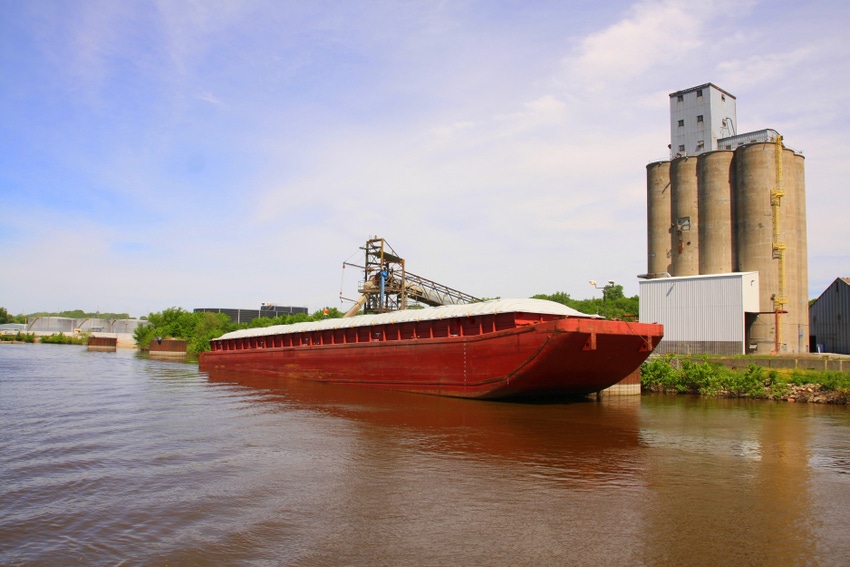Flooded Mississippi River closes locks and dams
Locks and dams above Lock 17 are expected to remain closed for three weeks.

A far contrast from last fall, Mississippi River flooding has led to the closure of several locks and dams in the Upper Midwest. Accordiing to the USDA’s latest Grain Transportation Report, all locks and dams above Lock 17, which is near New Boston, Ill., are currently closed due to flooding. No freight is being accepted along the Twin Cities and Mid-Mississippi portions of the river. The closures, USDA said, are expected to last for the next three weeks.
The American Commercial Barge Line (ABCL) reported April 27 that it had no boats on the Upper Mississippi River above St. Louis, Mo., because of flooding conditions and lock closures.
“Currently we expect Lock 3 (UM 796) and Lock 4 (UM 753) to be closed through May 4th – 5th time frame. However, the extensive delays on the mid will be driven by the locks on the mid-Mississippi,” ABCL noted. Lock 16, on the hand, is not forecast to reopen until May 14th or later.
“Based on this information, ACBL anticipates departures from St. Louis to the full Upper Mississippi to not take place until mid-May.”
Still, the forecasted reopening could be delayed by additional precipitation.
USDA warned that locks and dams as far south as Lock 22 could also potentially be forced to close and stay closed around May 5 for approximately two weeks.
“This spring has served as a reminder how the pendulum can dramatically swing regarding navigation on the inland waterway system,” said Mike Steenhoek, executive director of the Soy Transportation Coalition. “This past fall, the main topic of discussion was the historically low water levels on the Mississippi and other navigable rivers. We are now witnessing high water levels that are presenting a challenge for barge transportation – particularly along the Upper Mississippi River.”
Closures of the locks will impede the delivery of any remaining soybeans or grain for the export market, but lock closures during this time of the year will particularly impact northbound fertilizer shipments, he explained.
About the Author(s)
You May Also Like



.png?width=300&auto=webp&quality=80&disable=upscale)

